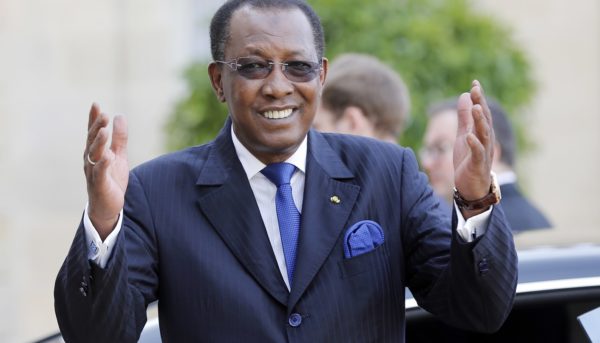The Chadian government, after two meetings with the trade union centers, decided to suspend the plan to reduce the salaries of civil servants.
This measure had been considered with a view to meeting the requirements of its technical and financial partners, in particular the International Monetary Fund (IMF).
However, according to the Prime Minister, Pahimi Padacké Albert, who was speaking on Wednesday 10 January during a meeting without debate with the unions, the renunciation of the decline in wages will not prevent the government from saving 30 billion FCFA on the payroll in accordance with the requirement of its funders.
Thus, according to Mr. Pahimi, the application of 687 decree retaining 50% on agents’ allowances and bonuses will be maintained. This cut of the bonuses and indemnities committed since November 2016 concerns 40% of the civil servants Chadians. In the plan to reduce wages that has just been abandoned, all state agents were concerned for the cutting of bonuses and allowances.
According to figures released on Thursday, January 11, by the services of the Ministry of Finance, the number of Chadian officials has increased in five years from 40 000 to 150 000. Their payment requires an annual payroll of 378 billion FCFA, or 30 billion per month.
The national revenues of the last two years are almost geared towards wages.
Avenues for cost savings include the elimination of Secretaries General of Ministries and their replacement by Directors General.
As a reminder, the salary reduction project provided for rebates ranging from 5% to 45%. During the consultations, the government had made two new proposals to the unions: one concerned the reduction rates ranging from 10% to 15% and the other was the maintenance of the cut of allowances and bonuses up to 50% ( for 40% of agents) doubled by a reduction of 15% on the salaries of the remaining agents (60%).
Trending
- Gabon: CLIKAFRIK case weakens Minister Mark Alexandre Doumba
- FANAF celebrates its 50th anniversary in Abidjan with the ambition to move from elite insurance to mass insurance
- Liberia launches its Sovereign Carbon Initiative following in the footsteps of Djibouti and Gabon
- Akinwumi Adesina gets back in the saddle
- Tunisia: Attijari Leasing Board of Directors proposes the distribution of a total dividend of 6.050 million dinars for the 2025 fiscal year
- BEAC fully committed to repatriating export revenues
- Tunisia: Attijari Leasing records increased profit and announces dividends
- Islamic Finance and PPP: Issa Malgoubri’s suggestions for mobilizing resources


